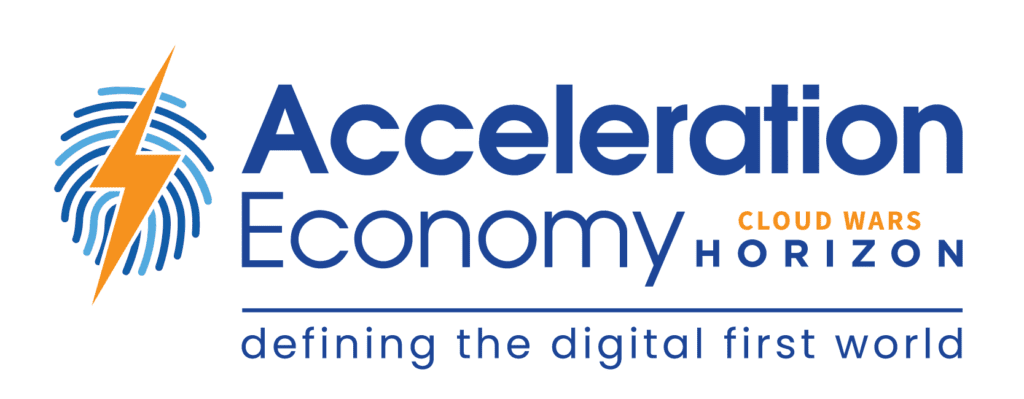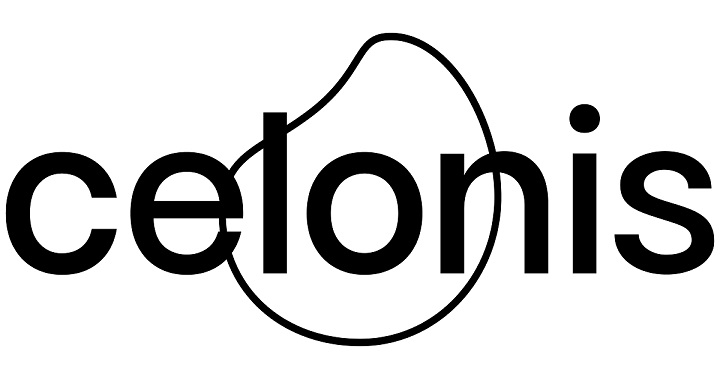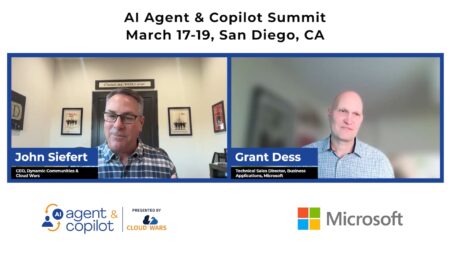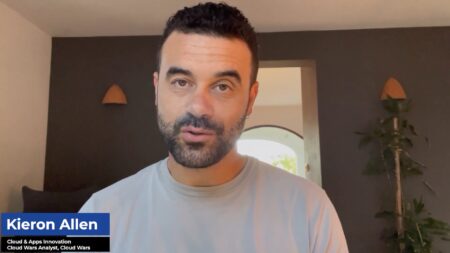Roughly two weeks after execution management software supplier Celonis announced $1 billion in new funding, I caught up with the company’s Chief Customer Officer, Malhar Kamdar, to discuss how the funding is impacting new and prospective customers.
Kamdar weighed in on this “confirmation of the trajectory of the company” and several other points related to customer engagement as well as how the current economic climate — inflation, FX headwinds, uncertain demand environment — is influencing customer thinking.
“This current context helps differentiate companies that are here for the long run and not being too impacted by the situation we’re seeing,” he said, referring to the economic challenges impacting many customers as well as software vendors.
As all software companies look to establish their products and services as indispensable, rather than nice to have, a massive infusion of funding — especially in this climate — sends the signal that the company is well positioned to weather the current storms and retain its focus on innovation and delivering value to customers.
Business and tech leaders today have to focus on what’s most relevant — namely, what can most directly impact company financials. “It’s become clear we are one of the most relevant software companies in the current context,” Kamdar said.
Addressing CEOs’ Profit and Loss Priority
One highly visible way that relevance is being manifested is direct CEO engagement by customers and prospective customers. Celonis has formed a CEO Council that brings together top executives from several big customers and is planning to bring CEOs together at its upcoming customer conference in November.
The software company has had recent contacts with the CEOs of at least four companies that are household names on a global basis. Because Celonis software is able to address supply chain crises, deliver cash savings, and impact the bottom line, it is increasingly on the radar of CEOs. “There is such a direct line in terms of the relevance of what the product does and the impact it has on what matters to CEOs,” he said, noting that the macroeconomic and inflation issues are top of mind in current boardroom conversations.
These recent developments extend the company’s success at wooing CEOs, who, as I’ve noted previously, have regularly made references on earnings calls to the business impact of Celonis software.
“In a couple of recent situations, we didn’t even ask to meet with the CEO,” Kamdar said. “Instead, the CEO reached out to our team and asked to meet with us and said they want to do something at an enterprise level.”
Kamdar said the CEO influence is also reflected in customers’ focus on the direct profit and loss (P&L) impact — top-line growth or cost savings — of tech investments, which is a higher priority than ever before. It’s especially true in industries such as manufacturing, which have felt major supply chain pain and are looking to improve operations without replacing core systems.
Expanding Partner Value Proposition
At the time of the funding announcement, the company noted new resources would be instrumental in expanding its partner ecosystem.
Kamdar explained the evolving nature of partnerships in the Celonis ecosystem. For many cloud software products, big-name system integrators (SIs) and consulting firms, including those that are part of Celonis’ ecosystem (Accenture, Deloitte), have a major focus on implementing software.
In a Celonis customer project, by contrast, those integrators will perform an audit using Celonis to get real-time insights into how the business and critical processes are performing, which Kamdar referred to as the “digital truth.” When a customer looks to transition on-premises applications to the cloud, an SI can use Celonis to understand the nature of current applications and processes, so that on-prem complexity or process flaws don’t get re-platformed in the cloud. “Understanding the digital truth in real-time changes the way they render their services,” he said.
“In a couple of recent situations, we didn’t even ask to meet with the CEO, instead the CEO reached out to our team and asked to meet with us and said they want to do something at an enterprise level.”
Malhar Kamdar, Celonis chief customer officer

In a more traditional scenario, that type of information would be gathered by people through interviews over a period of time. That introduces the possibility of human error or misinterpretation.
Building the Next Generation of Practitioners
Celonis is pushing ahead with other measures that will make expertise in its core functions — process mining and execution management — more widely available or democratized through an expanded talent pool.
To that point, Celonis technology is now part of the curriculum at more than 700 universities worldwide — names like UCLA, Cal Berkeley, Yale, and more — and more than 1,500 professors are “teaching” Celonis. The courses are adding about 1,000 students per week, or about 52,000 per year.
Kamdar referred to these “next-gen practitioners” in the context of a talent pipeline that will expand the technology’s footprint across the enterprise, government, and NGOs — customers of all types in all industries.
“This community is so important for customers, partners, and ourselves,” he said. “When they hire these people, they come already equipped with an understanding of the technology.” Another indicator of the growth in those Celonis practitioners: the company’s upcoming customer conference is expected to draw 2,000 to 3,000 people versus the 400 to 500 who attended its last live conference in 2019.
For more exclusive coverage of innovative cloud companies, check out Cloud Wars Horizon here:










